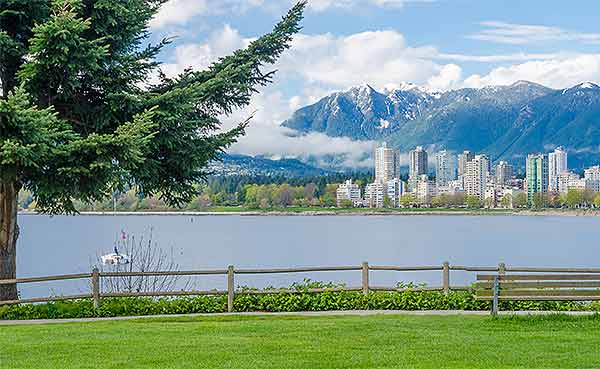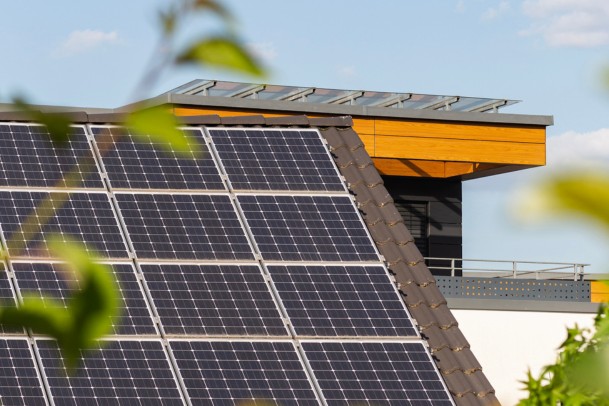Is it worth getting earthquake insurance?
![a luxury house, Canada.]()
Your need for this protection will largely depend on where you live. If you are in an earthquake-prone region, then it is highly recommended. Canadian earthquake zones are British Columbia and the Ottawa-Montreal-Quebec corridor.
According to IBC’s earthquake study and other government research, it is believed there is a 30% chance that a strong quake could significantly damage B.C. within the next 50 years. This is a high-risk area.
Here’s a breakdown of the level of threat outlined by the Insurance Bureau of Canada:
- High: 30% chance of a damaging earthquake every 50 years (British Columbia)
- Moderate: 5-15% of a chance every 50 years (St. Lawrence River Valley to the Ottawa Valley, including Quebec City, Montreal, and Ottawa)
- Low: Less than 1% chance every 50 years (The rest of Canada)
How does earthquake insurance work?
Most standard home insurance plans do not cover earthquakes. You'll have to add it as an insurance endorsement when you compare quotes.
To get this protection, you will already need to have a policy with your insurance company. It may be required in certain parts of the country, B.C., and Quebec in particular.
This coverage will also come with a higher deductible – meaning you will have to spend more out of pocket if you file an earthquake insurance claim.
About earthquake insurance deductibles
Earthquake insurance deductibles work a little differently than standard insurance deductibles. They are not a set amount. They are a percentage of the total damages. Typically they range from 2-20%. So, if damage to your home was $100,000, your deductible would be between $2,000 and $20,000. How your deductible amount is set will depend on your home structure, age, and location.
Back to table of contents









